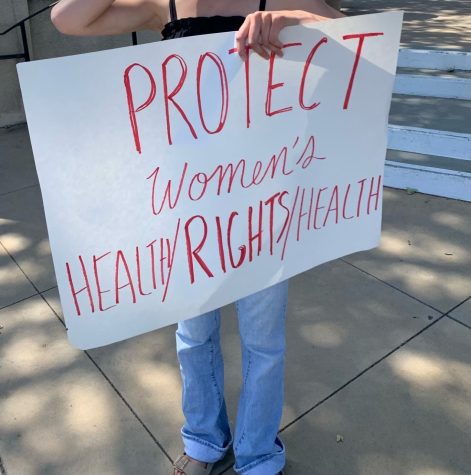The unforseen environmental impacts of the coronavirus
Six months ago, the world watched as environmental youth activist Greta Thunberg stared down Donald Trump at the United Nations after criticizing him and others for ignoring the greenhouse gas emissions that are causing irreparable damage to the planet. Now, unexpectedly, many are seeing a glimpse of what Thunberg has advocated for: a massive reduction in fossil fuel use. While it shouldn’t have to take a pandemic, there is now definitive proof of just how quickly the planet’s atmosphere recovers when we stop polluting it, even for just a few months.
As social distancing is practiced around the world, scientists have begun to notice the immediate effects on the environment. Globally, people are currently driving and flying far less than they used to, and many industrial sites and factories have shut down. According to NPR, air pollution levels in China have dropped by roughly a quarter, and according to the United States Environmental Protection Agency data, Los Angeles experienced its longest stretch of good air quality since at least 1995. So what does this mean? Some people believe that after the lockdown ends the world’s polluting practices will go back the way they were before, erasing this glimpse of a cleaner environment that has become visible during the pandemic. But in fact, world leaders have another choice as well: making the decision to commit to non-polluting technologies for transportation and manufacturing in order to preserve the environmental gains that we now know are possible.
Another unexpected effect of social distancing is that as people have stayed away from previously crowded public spaces, animals have moved into them. As tourism drastically decreased in Thailand, starving monkeys have battled for food on the streets, and kangaroos have been seen hopping in the downtowns of Australian cities. In an interview with the Washington Post, Jane Goodall, the legendary scientist, explained that the resurgence of animals is a reason for hope.
“I am hopeful…One day we will be better people, more responsible in our attitudes towards nature,” Goodall said.
Young people and high school students have grown up in a world where many wonder whether it is too late to fix the environmental problems that previous generations have caused. The pandemic has shown the next generation that it is indeed possible to live in a world with clean air. CHS sophomore Liza Platonov hopes that the improved air quality is a catalyst for action and a defining moment for current and future leaders.
“I hope that we learn something from this,” Platonov said. “That as teenagers and young people we unite in protecting the environment.”
The pandemic has led to a worldwide recognition of the attainability of environmental recovery. In April 2019, Greta Thunberg told the British Houses of Parliament, “The moment we decide to fulfill something, we can do anything.” Now, one year later, countries around the world have to make that very decision.
Hello there! Our goal is to provide relavent, engaging journalism for readers of all ages. Your donation will support the student journalists of the Wolfpacket at Claremont High School, and will allow us to purchase equipment, print our monthly issues, and enter in journalism competitions. We appreciate your consideration!

Meghan Mason is a senior at CHS, and this is her third year on the Wolfpacket staff. Mason is the Assistant Editor-in-Chief this year, and cannot believe...











